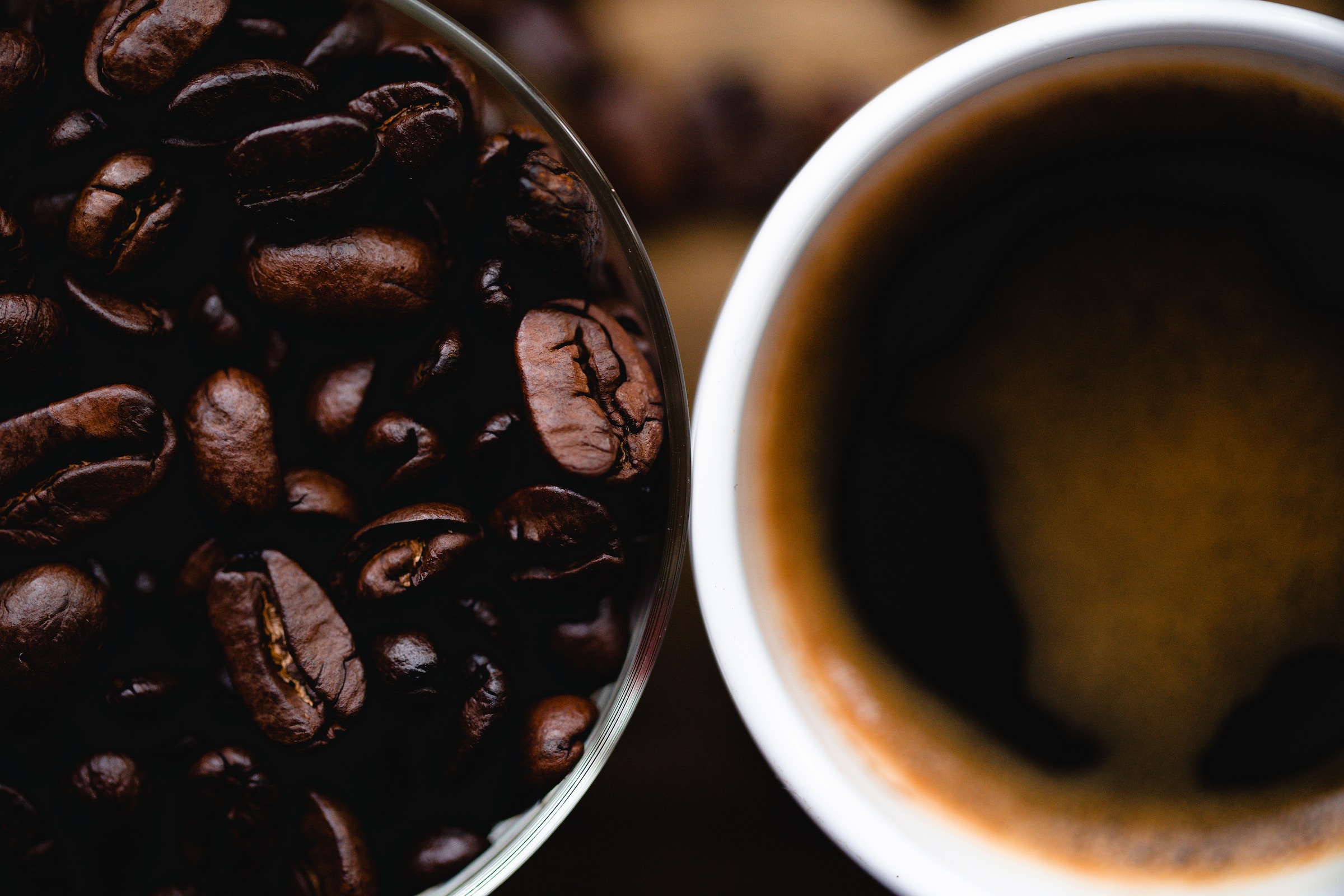
What if we told you that your morning espresso is not only an energy booster but also contains a plethora of nutritional benefits? As the heart of many popular coffee beverages, espresso is rich in essential nutrients and antioxidants that could contribute to your overall health. Here, we’ve curated 11 fascinating espresso nutrition facts to enhance your understanding of this much-loved drink.
A Shot of Espresso Contains Negligible Calories
An ounce (approximately 30 milliliters) of espresso contains only about 3 calories. This means you can enjoy your shot of espresso without worrying about it adding significantly to your daily calorie intake.
Rich in Antioxidants
Espresso, like other types of coffee, is high in antioxidants. These compounds help neutralize harmful free radicals in the body, contributing to overall health and potentially reducing the risk of chronic diseases.
Provides Essential Nutrients
Though in minute amounts, espresso does contain essential nutrients, such as vitamins B2, B3, and B5. It also offers trace amounts of magnesium, potassium, and manganese.
Espresso Contains Caffeine – A Natural Stimulant
Each shot of espresso contains about 63 milligrams of caffeine, which can stimulate the nervous system, enhancing alertness and cognitive function. It’s an ideal pick-me-up, whether you’re kickstarting your morning or need a midday boost.
Could Boost Metabolic Rate
Caffeine in espresso is known to increase metabolic rate and fat burning, making it a popular pre-workout beverage among fitness enthusiasts.

May Lower The Risk of Certain Diseases
Research suggests that moderate coffee consumption, including espresso, may reduce the risk of certain conditions like type 2 diabetes and stroke. However, more research is needed to establish a definitive connection.
It’s Dehydrating, Right? Not Necessarily
Contrary to popular belief, espresso doesn’t dehydrate you. While it has a mild diuretic effect, the amount of water in an espresso shot largely offsets this, meaning it won’t lead to dehydration when consumed in moderation.
Espresso Has Zero Sugar
Espresso by itself contains zero sugar, making it a suitable choice for those watching their sugar intake. However, keep in mind that added sugar, cream, or flavored syrups can quickly turn this low-calorie drink into a high-calorie one.
Could Aid in Digestion
The high level of magnesium in espresso can help stimulate bowel movements, aiding in digestion. Also, the warm temperature of the drink can facilitate smooth digestion.
It’s More Concentrated Than Regular Coffee
Compared to regular coffee, espresso is more concentrated, both in terms of flavor and nutrients. That’s why a small shot of espresso can provide the same kick as a full cup of regular coffee.
May Boost Mood and Cognitive Function
The caffeine in espresso can stimulate the release of neurotransmitters like dopamine and serotonin, which can improve mood, reaction times, and memory.
Conclusion
The world of espresso is as rich as its full-bodied flavor. Its benefits extend beyond just an energy boost, with an array of nutrients and potential health benefits. As with anything, moderation is key, and it’s essential to enjoy your espresso in a balanced diet. So, the next time you’re sipping on that deliciously warm shot of espresso, remember – you’re not just enjoying a beverage; you’re appreciating a brew filled with surprising health benefits.
Was this page helpful?
Our commitment to delivering trustworthy and engaging content is at the heart of what we do. Each fact on our site is contributed by real users like you, bringing a wealth of diverse insights and information. To ensure the highest standards of accuracy and reliability, our dedicated editors meticulously review each submission. This process guarantees that the facts we share are not only fascinating but also credible. Trust in our commitment to quality and authenticity as you explore and learn with us.
